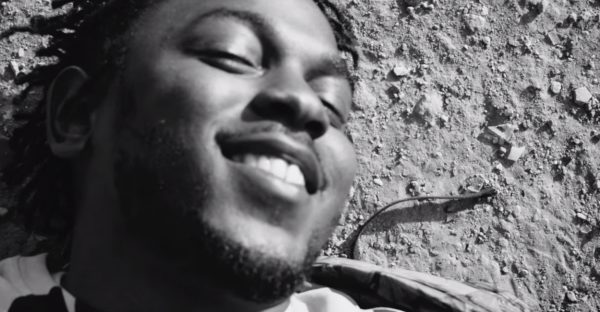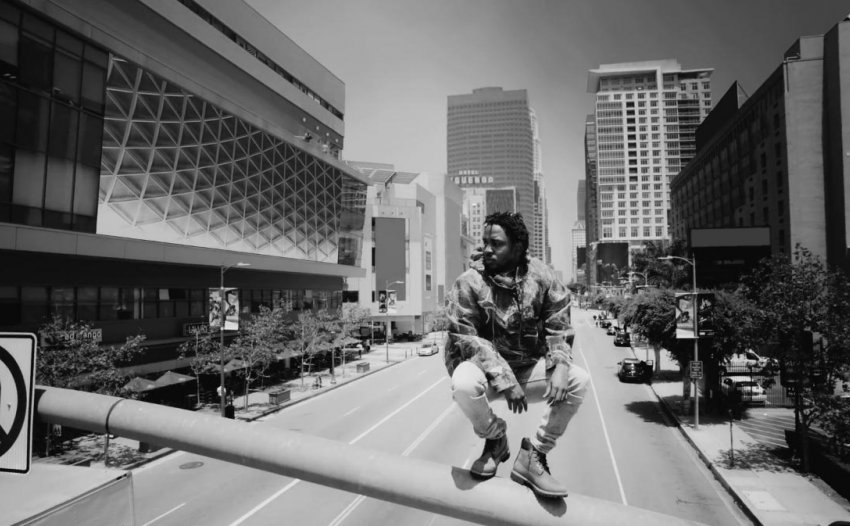

Soon officers were pepper-spraying the crowd, who right away advocated for the rights of the teenage boy. The conference concluded without incident until its final day, when police stopped a 14-year-old for boarding a bus back to his hometown with an open container of alcohol. The city become a flashpoint in November 2014 when police officers shot and killed a 12-year-old boy, Tamir Rice, for playing in a playground with a toy pistol. Seven months earlier in Cleveland, Ohio, a coalition of black community activist groups across the nation called the Movement for Black Lives convened their first official conference at Cleveland State University. for Album of the Year at the Grammys in 2018 on the strength of the ubiquitous hit, “Redbone.” (Childish alter ego Donald Glover’s central hook commanded listeners “stay woke!”) But a season after Black Messiah, Kendrick released his own woke music classic, To Pimp a Butterfly’s “Alright.” Childish Gambino’s “Awaken, My Love!” challenged Kendrick Lamar’s DAMN. Janelle Monáe’s “Hell You Talmbout” chants the names of 18 police victims, including Sandra Bland, Sean Bell and Aiyana Jones.

Her “Freedom” single totally qualifies, Beyoncé’s Lemonade ode to liberation featuring Kendrick Lamar. With that year’s “Formation,” especially its video (commencing with a police car sinking slowly in the flooded waters of New Orleans), her superstar sister Beyoncé dipped in a pedicured toe. Solange released the feminist, for-us-by-us A Seat at the Table in 2016. One socially conscious album may mean nothing, but at least three make a trend, and soon, more woke music followed. Most popular for a surreal, stylized video open to multiple interpretations-all of which critique white supremacy-“This Is America” still ran away with Record of the Year and Song of the Year Grammys by mixing rap, trap and Afrobeat. Singer-actor Donald Glover, aka Childish Gambino, alluded to minstrel Sambos, the 2015 Charleston church shooting of mass murderer Dylann Roof, and gun violence…and debuted at number one. “It’s about people rising up in Ferguson and in Egypt and in Occupy Wall Street and in every place where a community has had enough and decides to make change happen,” D’Angelo said in a statement when Black Messiah arrived.įor any politician who proclaims “this is not America” when commenting on the racist atrocity of the day, Childish Gambino begged to differ in 2018.

His lyrical leitmotifs about war, social justice, love, spirituality and the ecosystem mirror What’s Going On, updated for the millennial age of social media, hashtags and BLM. Appropriately, we can mark the birth of woke music with the soulful disciple of Marvin Gaye (and, for good measure, Prince): D’Angelo, and his comeback album after 14 years of silence, 2014’s Grammy-winning Black Messiah. But just as the Black Arts Movement of the 1960s grew out of what poet Amiri Baraka, the Black Panthers, Malcolm X and others called Black Power, BLM emerged in tandem with woke music.Īs no one under a certain age needs to be told, being woke is to be alert to society’s injustices, racism specifically. Gaye’s masterpiece made possible all future full-length albums thematically looking through a political lens, from Bob Marley’s Exodus to Public Enemy’s It Takes a Nation of Millions to Hold Us Back.īlack Lives Matter originated from the unrest in Ferguson, Missouri, following the death of Michael Brown and gave an activist voice to rail against the racial profiling, cultural inequality and police brutality of today. Never had a concept album touched on topics like war, poverty, racial injustice, even the ecology, in the same soulful tones used in the R&B tradition. Call it “woke music.” One of the most popular examples of social protest in rhythm and blues comes from 1964 with Sam Cooke’s “A Change Is Gonna Come.” On an album-length scale, Marvin Gaye’s What’s Going On sounded so out of left field for its time that Motown founder Berry Gordy felt skittish releasing it into the world of 1971. One could say it was Kendrick Lamar who put a foundational brick into a new 21st century subgenre of African-American music.

Bob Dylan, eminent voice of the 1960s counterculture, emerged from the American folk music tradition.


 0 kommentar(er)
0 kommentar(er)
